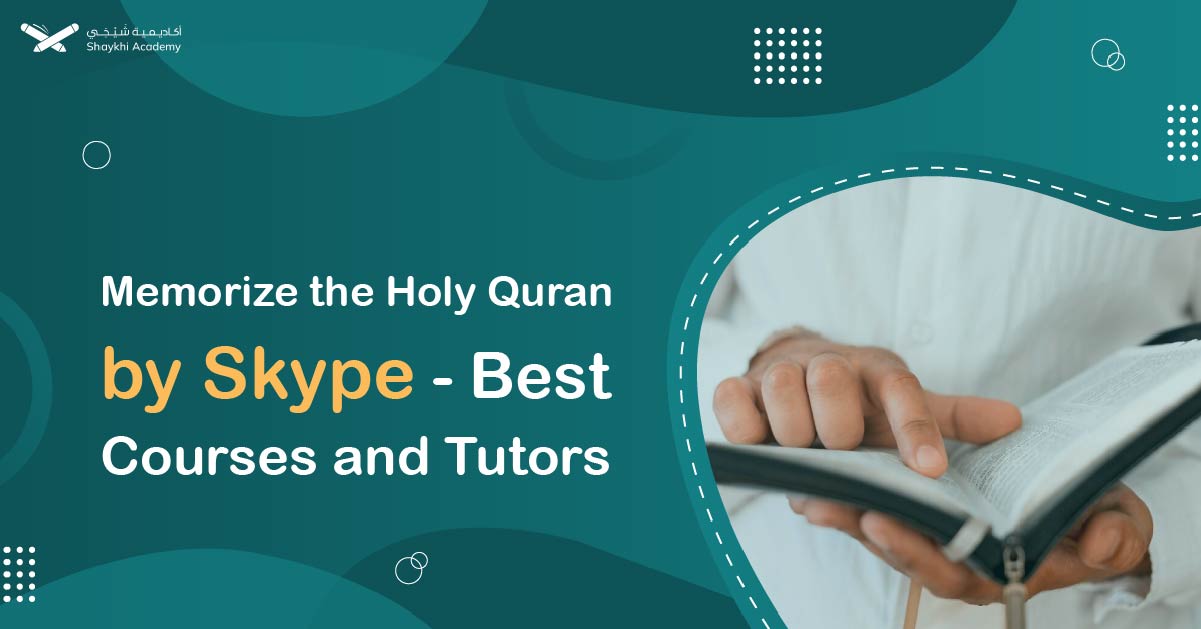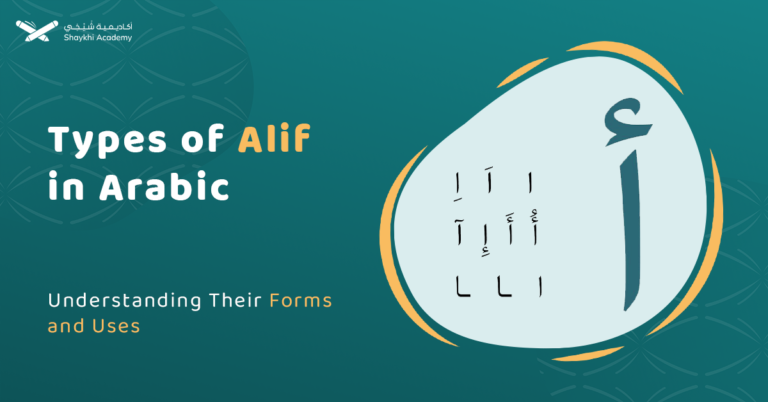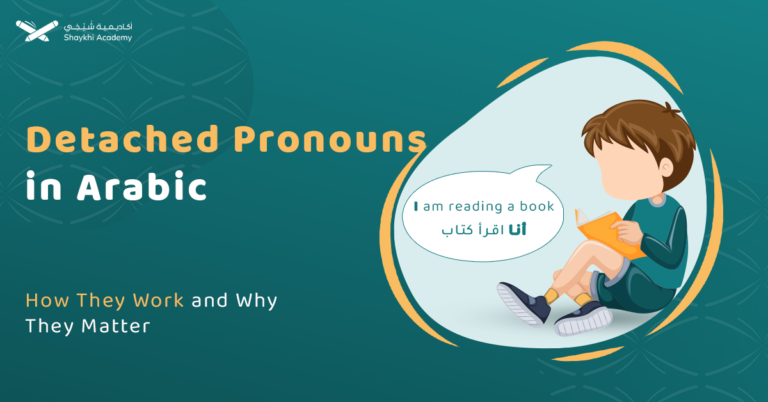Memorize the Holy Quran by Skype: In today’s digital age, the use of technology has transformed various aspects of education, including the teaching of the Quran to children. Skype, a popular online communication platform, has emerged as a valuable tool in facilitating Quranic education for kids.
This article delves into the specific ways in which Skype is utilized in teaching children the Quran, highlighting its benefits, challenges, and overall impact on Quranic education.
Memorize the Holy Quran by Skype:
The significance of Skype in teaching children the Quran, particularly through online Hifz courses is widely discussed by tutors and educational experts. Hifz, the memorization of the Quran, is a revered practice in Islam, and Skype has facilitated its learning in innovative ways.
In their arguments, they emphasize the convenience and accessibility of Skype, enabling children to learn the Quran from qualified teachers regardless of their geographical location.
This aspect has significantly widened the scope of Quranic education, allowing children from diverse backgrounds to engage in this sacred practice.
How to Help Kids Memorize Quran Using Skype?
Are you wondering how to use Skype to assist children in memorizing the Quran? Here are some effective strategies:
1- Establish a Strong Arabic Foundation:
Ensure that your child has a strong foundation in Arabic to read the Quran proficiently. Consider enrolling them in an online Arabic course for kids, such as the one offered by Shaykhi Online Quran Academy, which can be accessed and reviewed through Skype.
2- Enroll Your Child in Quran Memorization Classes:
Utilize Skype to enroll your child in Hifz Quran courses for kids. These classes provide specialized teachers and a structured curriculum tailored to your child’s abilities, starting with memorizing short surahs and ensuring mastery before moving on to new ones.
3- Reward Your Child:
Use Skype to create a system of rewards to encourage your child to continue memorizing the Quran. Rewards can make the process enjoyable and help them overcome any challenges they may face.”
Overcoming Challenges in Online Quranic Education:
While Skype offers numerous benefits, it also presents certain challenges. Though, these challenges are often overcome through a variety of techniques:
1- Overcoming Technical Issues:
One of the challenges in online Quranic education using Skype is the occurrence of technical issues, such as poor internet connectivity, audio or video lag, and software glitches. These issues can disrupt the flow of the lesson and hinder effective communication between the teacher and the student.
To overcome technical issues, it is essential to ensure a stable internet connection by using a reliable internet service provider. Additionally, regularly updating devices and software can help prevent compatibility issues that may lead to technical glitches.
2- Enhancing Personal Interaction:
Another challenge of online Quranic education is the lack of personal interaction compared to traditional classroom settings. This can affect the student’s engagement and the depth of the learning experience.
Encouraging students to actively participate in discussions, asking questions, and providing regular feedback can help foster a sense of connection and engagement between the teacher and the student.
3- Minimizing Potential Distractions:
Online Quranic classes via Skype or Zoom may be susceptible to potential distractions, such as interruptions from family members or external noises, which can disrupt the student’s focus during the lesson.
To minimize distractions, it is important to establish clear guidelines for online classes regarding expectations for behavior and participation. Encouraging students to create a dedicated learning space free from distractions and providing guidance on time management can help them stay focused during lessons.
4- Ensuring Security and Privacy:
Maintaining security and privacy can be a challenge in online Quranic education, as sessions conducted over Skype may involve sharing personal information or discussing sensitive topics.
Teachers and students should use strong, unique passwords for Skype accounts and avoid sharing sensitive information during lessons. Additionally, teachers can use Skype’s privacy settings to control who can contact them and view their profile information.
5- Managing Time Zones:
Online Quranic education using Skype may involve students and teachers located in different time zones, which can make scheduling classes and coordinating lesson times challenging.
To manage time zones effectively, it is helpful to use online scheduling tools that can convert time zones and find suitable meeting times for all parties. Teachers can also establish a consistent schedule and communicate clearly about class timings to avoid confusion.
6- Ensuring Accessibility for All Students:
Ensuring accessibility for all students, including those with disabilities or special needs, can be a challenge in online Quranic education using Skype.
To ensure accessibility, teachers can use Skype’s accessibility features, such as closed captioning and screen readers, to accommodate students with visual or hearing impairments.
7- Maintaining Engagement and Motivation:
Keeping students engaged and motivated during online Quranic classes can be challenging, as the lack of face-to-face interaction may lead to feelings of isolation or disinterest.
To maintain engagement and motivation, teachers can use interactive teaching methods, such as quizzes, games, and group activities, to make lessons more engaging.
8- Addressing Cultural and Linguistic Differences:
Online Quranic education using Skype may involve students and teachers from diverse cultural and linguistic backgrounds, which can lead to communication barriers and misunderstandings.
To address cultural and linguistic differences, teachers can use clear and simple language during lessons and be sensitive to cultural differences in communication styles and norms. Encouraging open dialogue and mutual respect can help create a supportive and inclusive learning environment for all students.
9- Ensuring Technical Proficiency:
Some students may lack the technical proficiency required to effectively use Skype for online Quranic education, leading to difficulties in accessing and participating in online classes.
To ensure technical proficiency, teachers can provide guidance and support to students on how to use Skype and troubleshoot common technical issues. Offering introductory sessions or tutorials on using Skype can help students become more comfortable with the platform and reduce technical barriers to learning.
10- Overcoming Connectivity Issues in Remote Areas:
In remote areas with limited internet connectivity, accessing online Quranic education through Skype can be challenging, leading to interruptions in learning.
To overcome connectivity issues, teachers can explore alternative communication methods, such as pre-recorded video lessons or offline resources that students can access without requiring a stable internet connection.
Why Join Shaykhi Quran Online Classes for Kids Using Skype?
The blockbuster over using Skype in the Quran classes for kids is due to the plethora of benefits it offers its users. These benefits led Shaykhi Academy to utilize Skype in its Quran Hifz classes for kids.
1- Professional Teachers:
Learn from licensed instructors who are graduates of Al-Azhar University, the world’s largest Islamic university.
2- Fluent English Tutors:
Receive instruction from professional teachers proficient in English, ensuring clear and effective communication.
3- Recorded Sessions:
All Skype sessions are recorded, allowing students to review lessons at their convenience to reinforce their understanding.
4- Easy Joining:
Easily join classes using a PC or smartphone, making it accessible and convenient for students everywhere.
What Students Will Learn in the Memorize Quran for Kids Course Using Skype?
Shaykhi Academy offers a comprehensive Hifz Quran for Kids course, utilizing Skype to deliver effective and engaging lessons. Through this course, children will learn:
1- Memorizing Short Surahs:
Using Skype, children start with shorter Surahs, which helps them feel a sense of accomplishment and motivates them to continue.
2- Identifying the Right Makhareg:
Skype lessons focus on the correct articulation points (Makhareg) of Arabic letters, essential for accurate recitation.
3- Proper Recitation Techniques:
Children receive personalized, real-time feedback from professional sheikhs via Skype, ensuring they learn the proper pronunciation of Quranic verses.
4- Applying Tajweed Rules:
Skype sessions teach the rules of Tajweed, allowing children to apply them as they memorize the Quran. An Ijazah course is available post-memorization for further certification.
5- Understanding Verse Meanings:
Interactive Skype classes help children understand the meanings of the verses they memorize, fostering deeper engagement with the Quran.
6- Complete Quran Memorization:
The structured course, delivered via Skype, starts with the last Juz (Juz 30) and progresses from shorter to longer Surahs, making the memorization process manageable and effective.
Skills Your Kids Will Acquire by the End of This Course Using Skype
After completing the Memorize Quran for Kids course via Skype, your children will have acquired the following skills:
1- Memorizing the Entire Quran:
The main goal is for your child to memorize the entire Quran effectively.
2- Reading the Quran Properly:
Children will learn the correct pronunciation and articulation of letters, ensuring accurate recitation.
3- Applying the Rules of Tajweed:
They will master the rules of Tajweed, practicing them throughout their memorization.
4- Understanding Verse Meanings:
Children will comprehend the meanings of the verses, not just memorize words.
5- Learning Quranic Arabic:
Memorization enhances their understanding of Quranic Arabic, expanding their language skills.
6- Eligibility for Quran Ijazah:
By the end of the course, children will be prepared to obtain a Quran Ijazah, opening further opportunities for advanced studies.
The Impact of Skype on Quranic Education for Kids:
Skype has revolutionized Quranic education for children, offering a flexible, interactive, and accessible platform for learning. It has empowered children to engage in meaningful Quranic studies, fostering a deeper connection with the Quran and enhancing their spiritual growth.
Furthermore, Skype has enabled children to develop a strong foundation in Quranic recitation and memorization, paving the way for a lifelong relationship with the Quran, which is clear in the parents’ positive reviews of its application in the Quran classes for kids at Shaykhi Academy.
Transformative journey of Quranic memorization with our online Hifz course!
Utilizing the power of Skype, we offer a comprehensive Quran Hifz classes for kids at Shaykhi Academy, paving the way for a learning experience that transcends geographical boundaries. Our qualified teachers provide personalized guidance, ensuring your child learns the Quran with accuracy and understanding.
Why Choose Shaykhi Academy?
- Connect with highly qualified native tutors.
- Flexible scheduling to suit your busy lifestyle.
- Affordable classes tailored for all levels.
- Accessible from anywhere around the globe.
Discover Our Range of Courses:
- Arabic Noorani Qaida: Lay a solid foundation for Quranic studies.
- Online Quran Classes for Kids: Engaging lessons for lifelong learning.
- Tajweed Rules for Kids: Learn to recite with confidence.
- Quran Hifz for Kids: Step-by-step guidance to memorize the Quran.
- Quran for Adults: Introduce yourself to Quran reading and Tajweed rules.
- Online Arabic Courses: Master the language of the Quran.
- Islamic Studies: A wide range of topics related to Islam, including theology, law, Quranic studies, Hadith.
Don’t Miss Out on Your Chance to Excel!Whether you’re a beginner or seeking advanced knowledge, Shaykhi Academy can guide you! Book your free trial now and make Ramadan 2024 your Quranic turning point!
Join us and witness the profound impact of Quranic education through Skype. Enroll now and empower your child to become a Hafiz of the Quran!
Conclusion:
In conclusion, Skype plays a pivotal role in teaching children the Quran, offering a modern and effective approach to Quranic education. By leveraging the benefits of technology, Skype has enriched the Quranic learning experience for children, making it more accessible, engaging, and impactful than ever before.















































